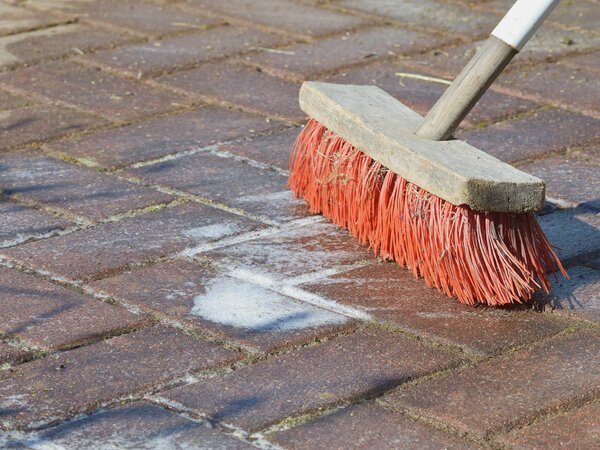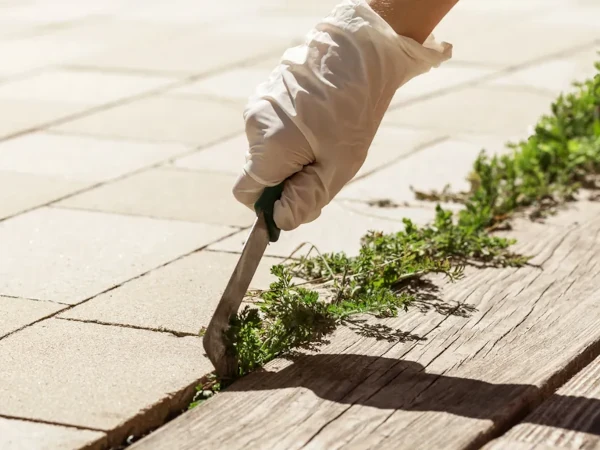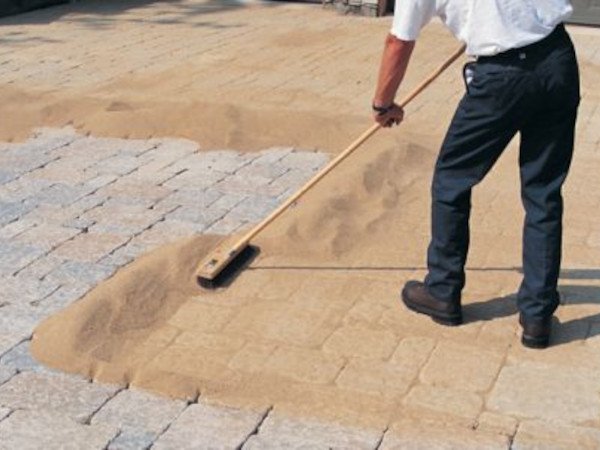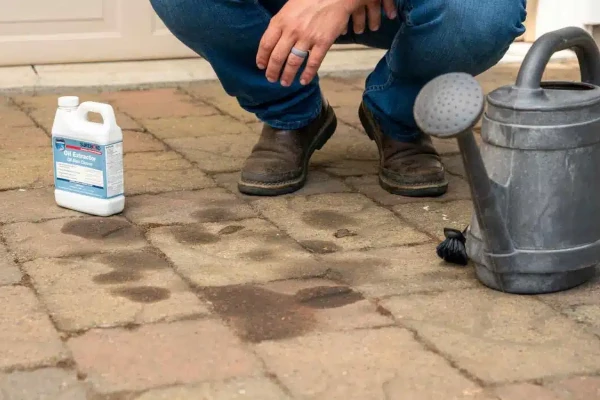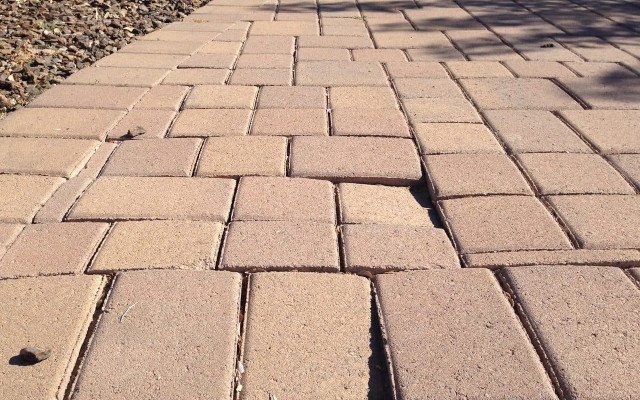Pressure Washing
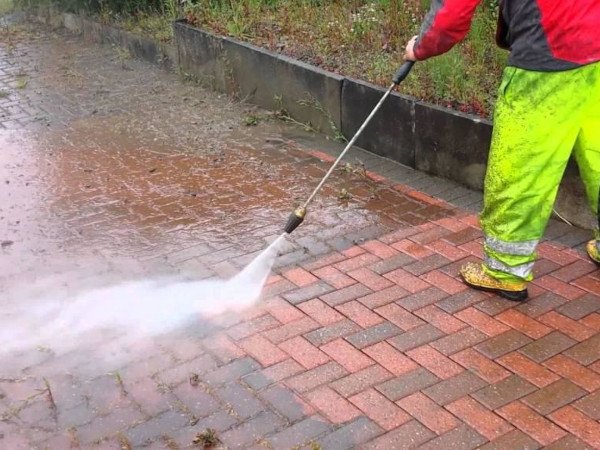
Pressure washing is a powerful and effective method for cleaning pavers, providing a thorough means of removing dirt, stains, mold, algae, and other contaminants. When executed properly, pressure washing can rejuvenate the appearance of your pavers and enhance the overall curb appeal of your outdoor spaces. Here’s a more detailed exploration of pressure washing for paver maintenance:
Importance of Pressure Washing:
- Deep Cleaning:
- Pressure washing penetrates deep into the pores of paver surfaces, lifting embedded dirt and grime that regular cleaning may not address.
- It’s particularly effective in eliminating stains, oil spills, and hard-to-remove substances.
- Mold and Mildew Removal:
- High-pressure water jets efficiently remove mold, mildew, and algae, preventing these organic growths from compromising the aesthetics and safety of the paver surface.
- This is crucial for areas with high humidity or frequent shade.
- Restoring Original Color:
- Over time, pavers can accumulate dirt and lose their original vibrancy. Pressure washing helps restore the natural color and appearance of the pavers.
- It unveils the true beauty of the materials used in the installation.
- Preventing Weed Growth:
- Pressure washing removes organic material from the joints, discouraging weed and moss growth.
- This proactive measure helps maintain the structural integrity of the paver installation.
- Enhancing Safety:
- By eliminating slippery substances like algae or moss, pressure washing contributes to a safer walking surface.
- This is especially important in areas exposed to wet conditions.
Tips for Pressure Washing Pavers:
- Choose the Right Equipment:
- Use a pressure washer with an adjustable nozzle or a rotary scrubbing nozzle for versatility.
- Ensure the pressure washer is in good working condition to achieve optimal results.
- Appropriate Pressure Setting:
- Adjust the pressure settings based on the type of paver material and the severity of staining.
- Avoid excessive pressure, as it can damage certain types of pavers, especially softer materials.
- Safe Distance:
- Maintain a safe distance between the pressure washer nozzle and the paver surface to prevent damage.
- Experiment with different distances to find the optimal cleaning range.
- Pre-wet the Pavers:
- Begin by pre-wetting the pavers with water. This helps loosen surface debris and prepares the pavers for more effective cleaning.
- Use Detergents Wisely:
- Apply a mild detergent or a specialized paver cleaner to aid in the cleaning process.
- Allow the detergent to sit for a short period before pressure washing for enhanced stain removal.
- Even Strokes:
- Pressure wash in even, overlapping strokes to ensure uniform cleaning.
- Pay extra attention to stained or heavily soiled areas, adjusting the nozzle distance and pressure as needed.
- Work in Sections:
- Divide larger areas into manageable sections and work systematically.
- This ensures thorough cleaning without missing any spots.
- Rinse Thoroughly:
- After pressure washing, thoroughly rinse the pavers to remove detergent residue.
- Proper rinsing prevents slippery surfaces and maintains the integrity of joint sand.
- Sealing After Cleaning:
- Consider applying a sealer to the pavers after pressure washing to enhance protection and prolong the cleanliness of the surface.
- Allow the pavers to dry completely before applying the sealer.
- Safety Precautions:
- Wear protective gear, including safety glasses and appropriate footwear.
- Be cautious of surrounding vegetation, as high-pressure water can damage plants.
Frequency of Pressure Washing:
The frequency of pressure washing depends on factors such as climate, surrounding vegetation, and foot traffic. Generally, pressure washing once or twice a year is sufficient for routine maintenance. However, high-traffic areas or locations with significant exposure to environmental elements may require more frequent cleaning.
Pressure washing is a valuable tool in the maintenance arsenal, but it should be used judiciously and with proper techniques to avoid damage to the pavers. When done correctly, pressure washing contributes to the overall health and longevity of your paver installation, keeping it looking clean, vibrant, and inviting.


